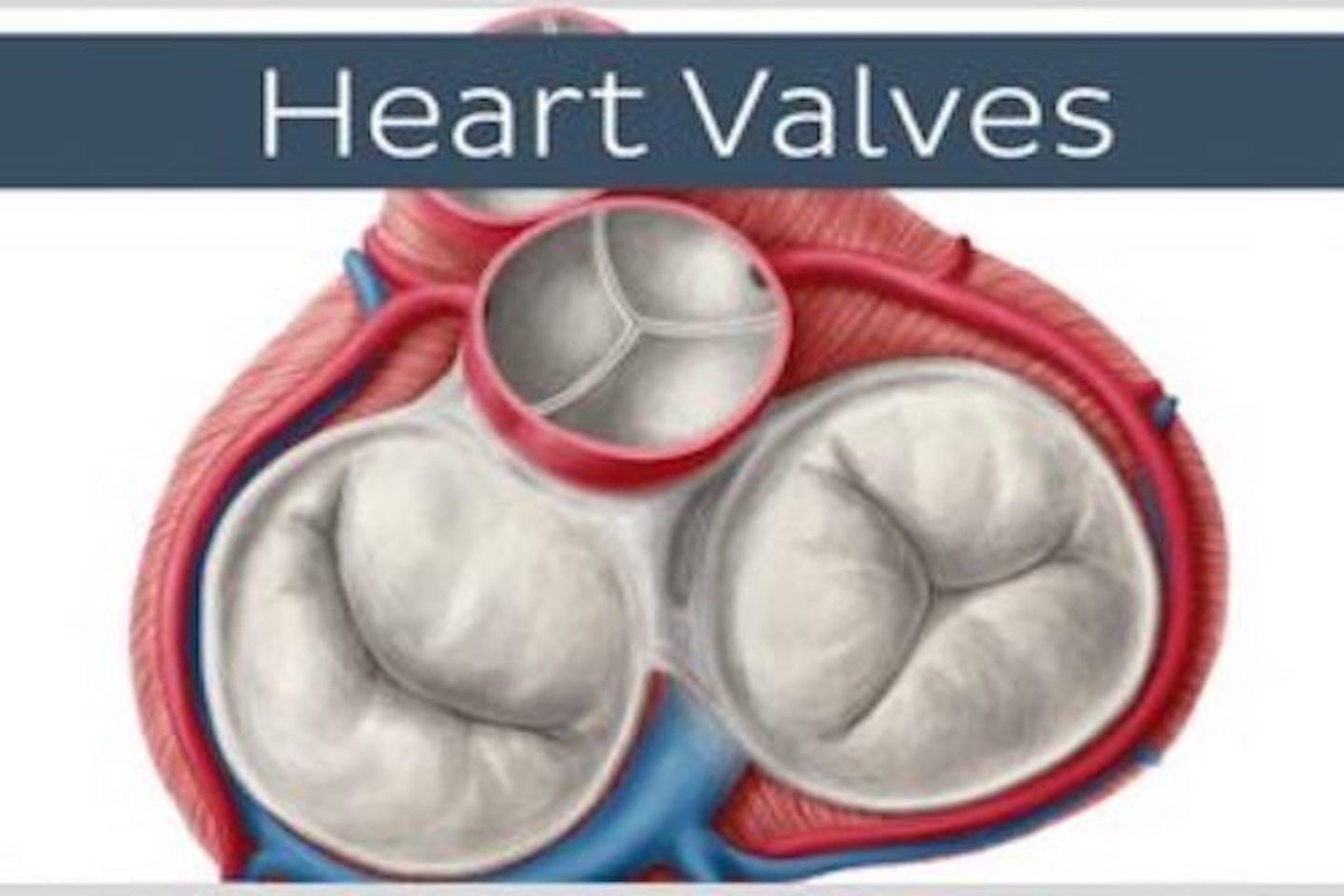India
healthysoch
Mumbai/New Delhi, April 22, 2024:
 In an exceptional feat at Lilavati Hospital and Research Centre, Dr Ravinder Singh Rao, (Interventional structural Cardiologist, TAVR and MitraClip specialist) and his team successfully performed life-saving Transcatheter Aortic Valve Replacement (TAVR) procedures on five patients in a single day. The patients suffered with aortic stenosis, a critical heart issue that is averted by open heart surgery. However, the TAVR procedure was done to replace the faulty aortic heart valve without open heart surgery to save the lives of the patients.
In an exceptional feat at Lilavati Hospital and Research Centre, Dr Ravinder Singh Rao, (Interventional structural Cardiologist, TAVR and MitraClip specialist) and his team successfully performed life-saving Transcatheter Aortic Valve Replacement (TAVR) procedures on five patients in a single day. The patients suffered with aortic stenosis, a critical heart issue that is averted by open heart surgery. However, the TAVR procedure was done to replace the faulty aortic heart valve without open heart surgery to save the lives of the patients.
The team consisted of Dr Ravinder Singh Rao (Interventional Structural Cardiologist, TAVR and MitraClip expert), Dr. Nitin Gokhale, (Head of Department), Anand Rao (Interventional Cardiologist), Dr Namrata (Cardiac Anaesthetist), Dr. Krishna Prasad Irniraya (Cardiac Surgeon), Dr Ramesh Dargad (Physician), and Dr. Pavan Kumar, (Cardiac Surgeon).
The five patients are all above 60 years of age, and were placed at varying degrees of severity. All five surgeries were undertaken with no complications, and were all successful. The five patients suffered co-morbidities like hypertension, pulmonary disease, diabetes mellitus, osteoarthritis, and Parkinson’s disease. Three patients had gone through prior surgeries like a CABG procedure, a breast mastectomy, colon surgery, and even previous aortic valve replacement surgery. The patients were suffering with symptoms like poor heart function and breathlessness, severely lowering their quality of life. All these patients had severe aortic stenosis and required a TAVR procedure to transform lives, after a medical evaluation consisting of 2D Echo Tests, and considering their age and comorbidities, the TAVR was planned. The patients expressed their gratitude toward Dr Ravinder Singh Rao and the entire team at Lilavati Hospital for giving them a new lease on life after the completion of this procedure.
Elderly patients like these five are at risk of increased morbidity and mortality rates when the aortic valve becomes narrowed due to calcium build-up, a condition known as aortic stenosis. This serious valvular disorder requires prompt intervention as it can result in symptoms like breathlessness, limited mobility, and reduced ability to perform daily tasks. Lilavati Hospital treats numerous patients suffering from heart valve dysfunction, many of whom benefit from the Transcatheter Aortic Valve Replacement (TAVR) procedure to enhance their quality of life.
Dr Ravinder Singh Rao, the lead interventional Cardiologist and expert on TAVR, said, “After the diagnosis of aortic stenosis, 95% of patients who do not receive prompt treatment lose their precious lives in 5 years after onset of symptoms. Transcatheter Aortic Valve Replacement (TAVR) is a boon for patients with aortic stenosis. It is a safe and effective treatment for the patients suffering from aortic stenosis and suitable candidates for TAVR. This minimally- invasive non-surgical procedure is done in the Cath Lab where the damaged valve in the heart is replaced without opening up the patient’s chest or harming the heart muscles.”
TAVR is a game-changer procedure that improves the life expectancy of the patient without any complications. This procedure minimizes the hospital stay and aids quicker recovery of patients by averting open heart surgery which is generally not recommended to the elderly population due to their compromised health status. Currently, there are four TAVI valves approved by the DCGI (Government of India) for successful patient outcomes. Dr Rao adds, “With extensive TAVR expertise, selecting the appropriate valve for each patient is now achievable and can be done safely. Studies have shown that the outcome of the procedure is dependent on the operator volume and experience. Without highest of TAVR in the country, now we are able to do the procedure safely for our complex situations.”
Explaining the procedure, Dr Rao explains, “During the procedure, a hollow tube or catheter is inserted in the femoral artery from the groin to replace the new valve with the faulty valve and the new valve starts functioning immediately. The TAVR procedures were done with cerebral protection to prevent strokes by deploying a filter from the radial artery into the carotid (brain) artery. Any calcium particles dislodged during TAVR procedure are captured by the filter, thus preventing cerebral stroke. The filter is removed after the procedure. The procedure lasts for 1-2 hours and is done under conscious sedation which means the patient is awake during the procedure. All 5 patients have been discharged from the Hospital and are doing well.”
healthysoch








awesome